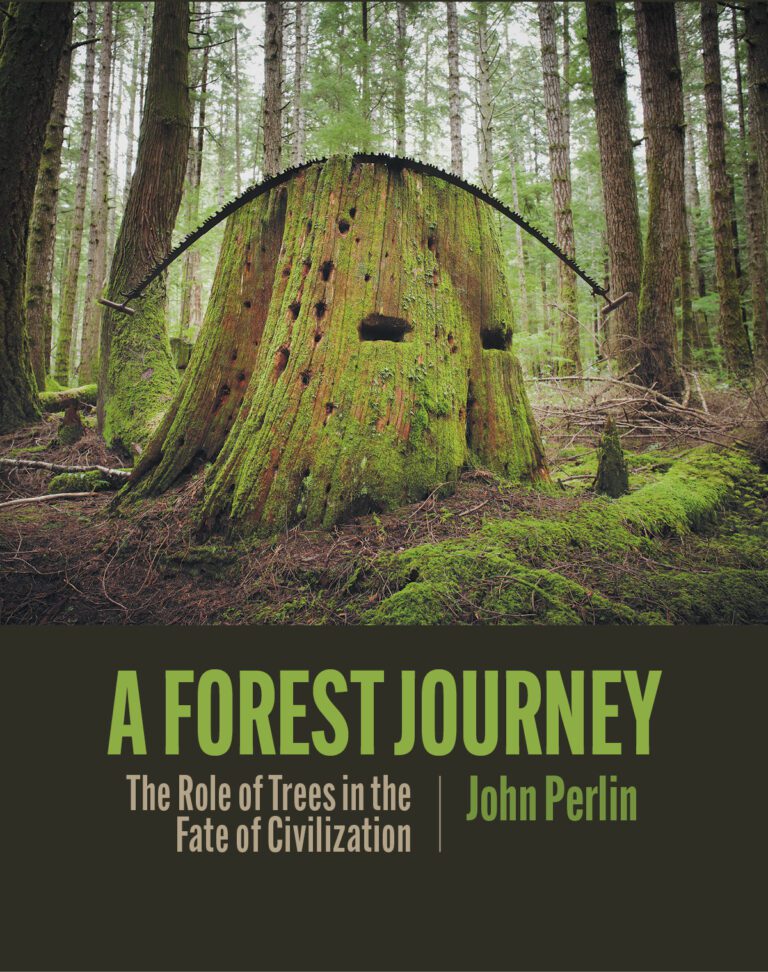A FOREST JOURNEY
The Role of Trees in the Fate of Civilizations
Brought to you in partnership with


Ancient writers observed that forests always recede as civilizations develop and grow.
This happened for a simple reason: trees have been the principal fuel and building material of every society over the millennia, from the time urban areas were settled until the middle of the nineteenth century.
To this day, trees still fulfill these roles for a good portion of the world’s population. Without vast supplies of wood from forests, the great civilizations of Sumer, Assyria, Egypt, Crete, Greece, Rome, the Islamic World, Western Europe, and North America would have never emerged. Wood, in fact, is the unsung hero of the technological revolution that has brought us from a stone and bone culture to our present age.
A Forest Journey tells this story.


As Featured On


















A Word From The Author
In the course of researching material for my first book, A Golden Thread: 2500 Years of Solar Architecture and Technology, I noticed a singular theme: the change to solar energy for house heating always occurred when people ran short of their supplies of wood – the principal fuel and building material of almost every society from at least the Bronze Age to the nineteenth century and beyond for some. Through the voices of the past I learned how the abundance and the scarcity of wood shaped, in large part, the culture, demographics, foreign affairs, economy, politics, and technology of civilizations. I thought that such a pivotal story had to be written.
Also by John Perlin
Let It Shine: The 6,000-Year Story of Solar Energy
From Space to Earth: The Story of Solar Electricity
A Golden Thread: 2,500 Years of Solar Architecture and Technology






